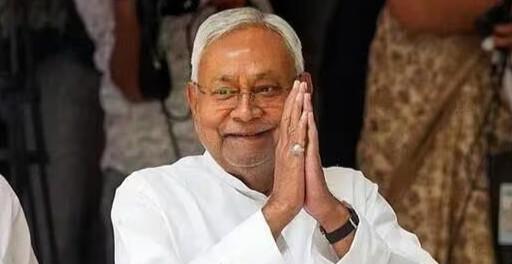
New Zealand’s Bevon Jacobs May Debut Against His Birth Country
The saga of New Zealand cricketers born in South Africa wearing the Blackcaps is likely to continue. Bevon Jacobs, a hard-hitting six-footer, has been named in the New Zealand squad for the T20 tri-series in Zimbabwe, which will also feature South Africa as the third team. Jacobs could make his international debut against the country of his birth, a prospect that is not only exciting for the young cricketer but also raises interesting questions about nationality, identity, and loyalty in sports.
Born in Johannesburg, South Africa, Jacobs moved to New Zealand with his family at a young age and has since grown up playing cricket for various clubs in the country. He has been a regular feature in the New Zealand domestic cricket scene, representing teams like Canterbury and Wellington, and has also played for the New Zealand A team. His impressive performances have finally earned him a call-up to the national team, and he is now set to make his international debut in the T20 tri-series.
Jacobs’ journey to the national team is a testament to his hard work, dedication, and perseverance. Despite being born in South Africa, he has chosen to represent New Zealand, a country that has become his home. This decision is not unique to Jacobs, as many cricketers born in South Africa have chosen to represent New Zealand in the past. The most notable example is probably Lance Klusener, who was born in Pietermaritzburg, South Africa, but went on to play for New Zealand in the late 1990s.
The decision to represent a different country can be influenced by a variety of factors, including personal and family circumstances, career opportunities, and a sense of belonging. For Jacobs, the move to New Zealand was a significant one, and he has since become an integral part of the country’s cricketing community. His decision to represent New Zealand is not only a reflection of his loyalty to the country but also a testament to the opportunities that cricket has provided him.
The T20 tri-series in Zimbabwe, which will also feature Australia and Pakistan, is an important tournament for New Zealand, as it will provide an opportunity for the team to prepare for the upcoming T20 World Cup. The inclusion of Jacobs in the squad is a significant boost for the team, as he brings a wealth of experience and expertise to the table. His ability to clear the boundary with ease and his aggressive batting style make him an exciting prospect for fans and a valuable asset for the team.
The prospect of Jacobs making his international debut against South Africa is an intriguing one. While he has chosen to represent New Zealand, he still has strong ties to his birth country, and the thought of facing his country of birth for the first time will undoubtedly be an emotional and challenging experience. This situation raises interesting questions about nationality, identity, and loyalty in sports.
In recent years, there have been several instances of cricketers switching their allegiance, with some choosing to represent the country of their birth and others opting to represent a country where they have lived and played for a significant period. The International Cricket Council (ICC) has rules in place to govern this situation, with players required to meet certain criteria before they can switch their allegiance.
The debate surrounding nationality, identity, and loyalty in sports is complex and multifaceted. While some argue that players should be allowed to represent the country of their birth or the country where they have lived and played for a significant period, others believe that players should be required to meet certain criteria before they can switch their allegiance.
In the case of Jacobs, he has chosen to represent New Zealand, a country that has become his home. While he was born in South Africa, he has grown up and developed his cricketing skills in New Zealand, and it is only fair that he is allowed to represent the country where he has made his home.
As Jacobs prepares to make his international debut against South Africa, he will undoubtedly be aware of the significance of the occasion. The prospect of facing his country of birth for the first time will be an emotional and challenging experience, but he will also be aware of the opportunity that lies ahead. A successful debut could pave the way for a long and successful career with the Blackcaps, and Jacobs will be determined to make a positive impression on the international stage.
In conclusion, the inclusion of Bevon Jacobs in the New Zealand squad for the T20 tri-series in Zimbabwe is an exciting development for the team and for fans. The prospect of Jacobs making his international debut against South Africa is an intriguing one, and it raises interesting questions about nationality, identity, and loyalty in sports. While the decision to represent a different country can be influenced by a variety of factors, it is ultimately up to the individual to decide where they want to play their cricket.






